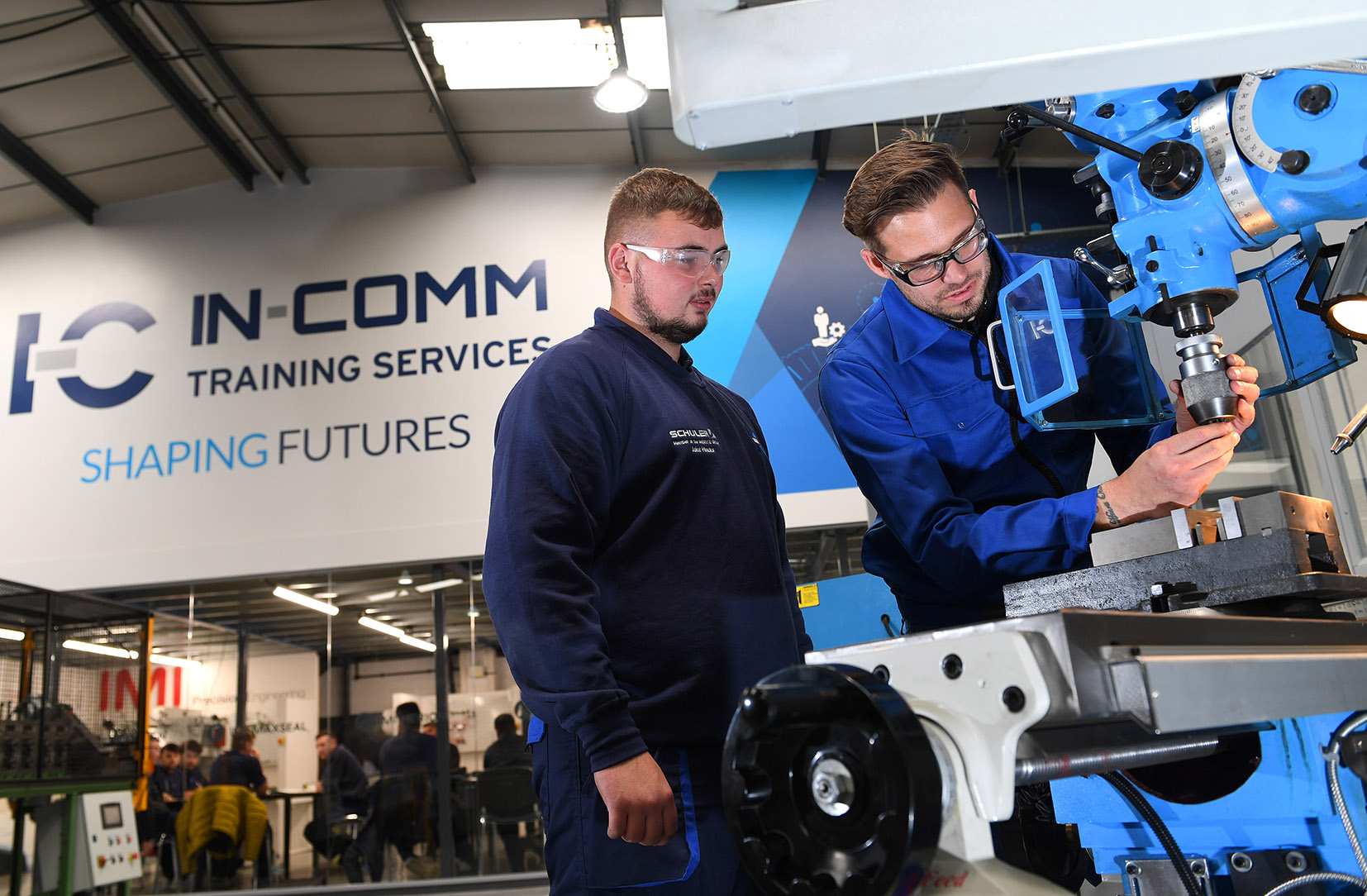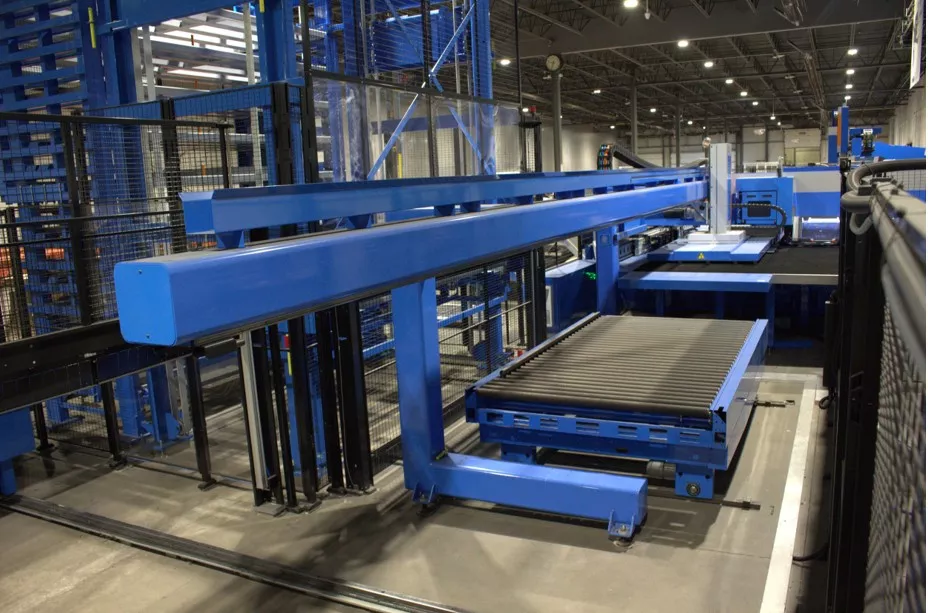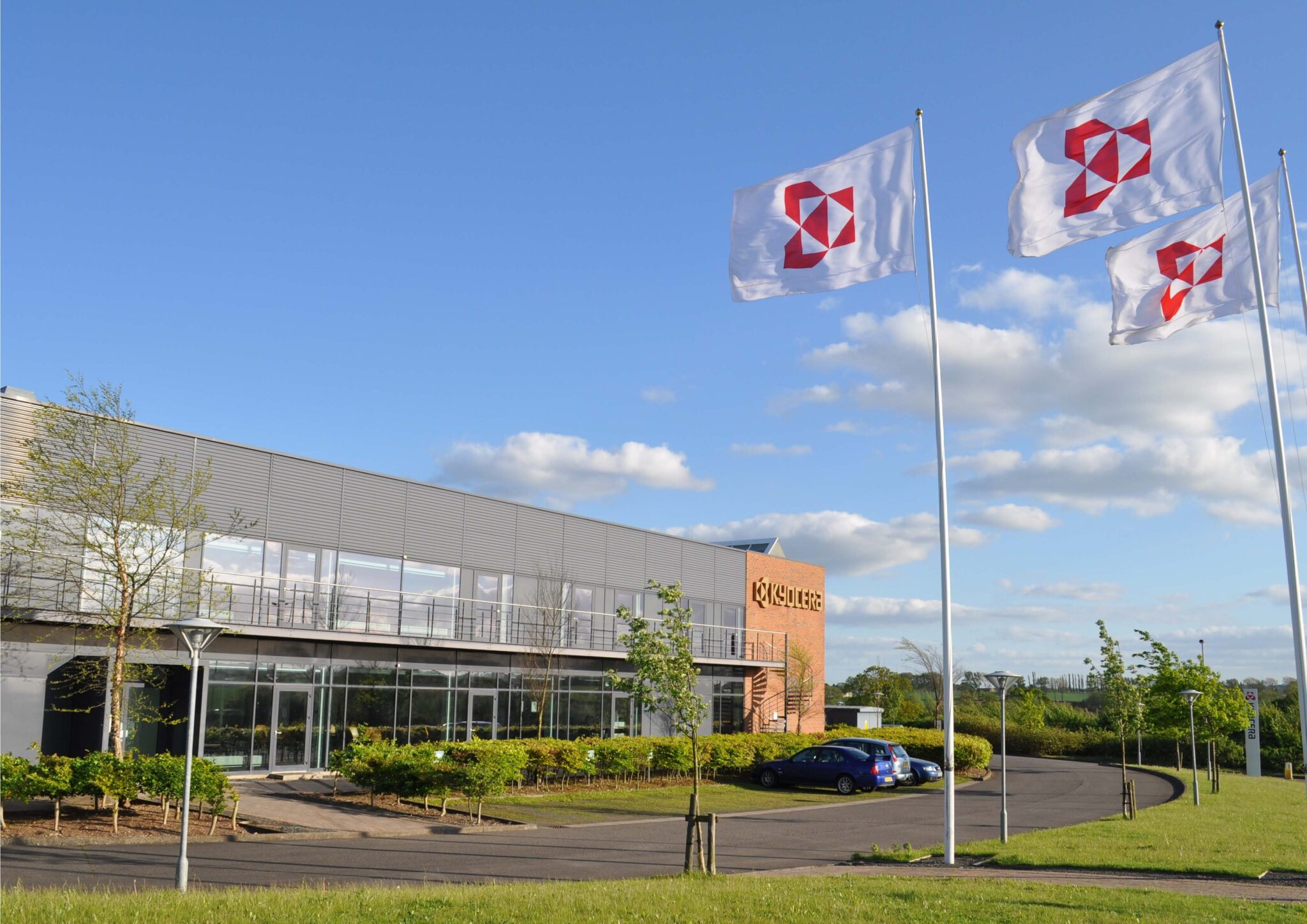Report shows appetite for Apprenticeships remains strong

In-Comm Training’s 3rd annual Training Barometer revealed that 67% of companies had taken on apprentices during the last twelve months, whilst a staggering 97% kept all their learners on despite the pressures of Covid-19.
The confidence extends into the future, with more than two thirds of businesses (70%) committing to taking on an apprentice over the next year (up from 47% in 2021), with 69% giving employees the opportunity to progress learning all the way to an HNC or Degree.
There were, however, some concerns in the report, which featured 105 companies from aerospace, automotive, distribution, general engineering and professional services.
The impact of the pandemic had resulted in nearly a third of companies cutting back on their training spend and barriers to embarking down the vocational route continue to be dominated by a lack of in-house infrastructure and understanding of all the different apprenticeship standards currently out there.
“These results show a massive shift change from last year with companies reaffirming their commitment to investing in vocational learning, underlining the major strides apprenticeships have made over the last few years and the value management teams place in them,” explained Gareth Jones, Managing Director of In-Comm Training.
“Despite all of the pressures, the turmoil and the restrictions, bosses believed it was vital to retain existing learners and, importantly, continue to invest in new ones as they didn’t want to be hit with a skills gap when the recovery started.”
He continued: “This is none more pertinent than in engineering, where there is a lack of talent and the people that are out there are demanding extortionate wages. Growing your own is the only sustainable way of getting around this situation and those that held their nerve during the pandemic have come out of it better.
“Looking at the bigger picture, the key barrier for training is releasing staff from core activities (49%) as many of them were focused on continuous improvement activities during the downturn, in order to improve processes/quality, implement automation and reduce waste.
“The second biggest challenge was identifying the right course for what the business needs (19%), proving that, as a sector, we need to make things simpler.”
The In-Comm Training Barometer also asked respondents about why they invest in apprenticeships, with close to two thirds of companies citing a desire to develop future talent as their primary objective.
This was followed by ‘fulfilling a skills gap’ and ‘retaining skills within a business’, although reskilling was valued by just 1% of companies, a surprising score when you consider the current skills crisis and industry desperately competing for a shrinking labour pool.
Growing cost of inflation is firmly on the mind of many management teams, with 58% citing it as a significant barrier to attracting and retaining staff, an issue that could potentially get worse before it gets better with employees also looking for flexible working patterns and training and development.
The final major concern employers have is a ‘skills drain’ that comes from older workers retiring. Here 70% of businesses are concerned about the impact on staff and their ability to meet the requirements of their customers.
Gareth continued: “Whilst the overwhelming feeling is one of optimism, you can’t escape the very real economic and societal challenges that are having an impact on decisions around training and vocational learning.
“The biggest takeaway from this report is how firms are seeing apprenticeships in more than their traditional guise and using them to develop Engineering, Leadership & Management, Continuous Improvement and Health & Safety professionals. I’d like to think we could build on this as a way of increasing multi-skilling throughout organisations, retraining people in new technologies and halting the skills drain.”








